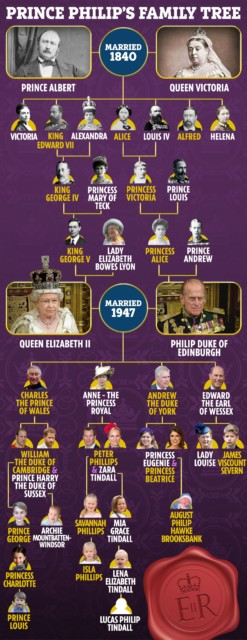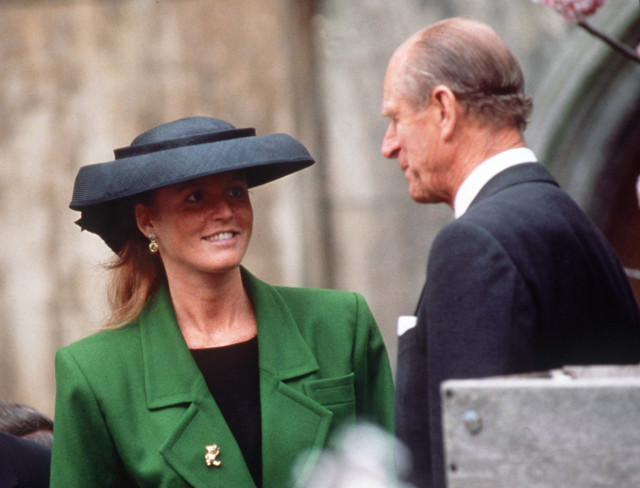FOR most people, family is the most important thing in their lives. Life revolves around significant family events – education, career, marriage, children and grandchildren.
Family life is also central to the monarchy, as Prince Philip explained: “If you have a monarchy, you have got to have a family — and the family has got to be in the public eye.”
Read our live blog for the very latest news on Prince Philip’s death…
But as all but one of the marriages of the Queen and Prince Philip’s children came to their bitter ends, the methods by which they were raised appeared to be woefully inadequate training for dealing with the demands and pressures of the modern age.
Princess Margaret’s divorce from photographer Tony Armstrong-Jones in 1978 after numerous rows and affairs — the first such royal split since Henry VIII’s from Anne of Cleves in 1540 — set a precedent.
The divorces of the Queen’s children were not because they didn’t have a loving and united family life. But to a very large extent it was left to other people to educate and bring them up. Their career opportunities were limited and, for some of them, were mapped out in advance.
They either went into the Forces, did charity work — or both.
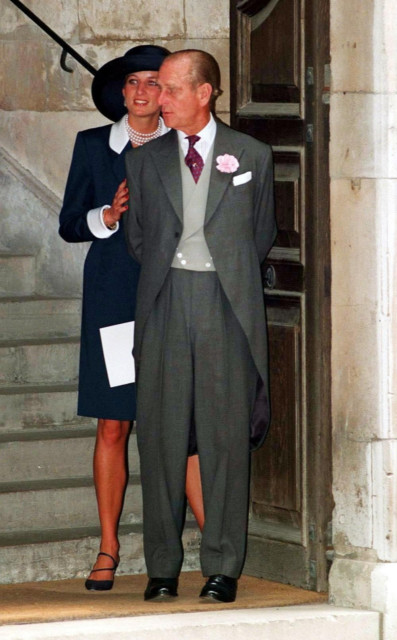
Only Princess Anne managed to break free from the royal conventions to bring up her children in a relaxed and truly normal way. And she could do that only by turning her back on her royal inheritance. She was the first of the Queen’s children to marry.
More sympathetic
The Queen offered her husband, commoner Mark Phillips, an earldom but he declined, meaning the couple’s children were the first grandchildren of the sovereign to have no title.
When the Queen and Prince Philip’s first grandchildren — Peter and Zara Phillips — were born, Anne wanted them educated at a local school.
The Queen was alarmed but Philip understood that children needed a broad experience to prepare them for adult life.
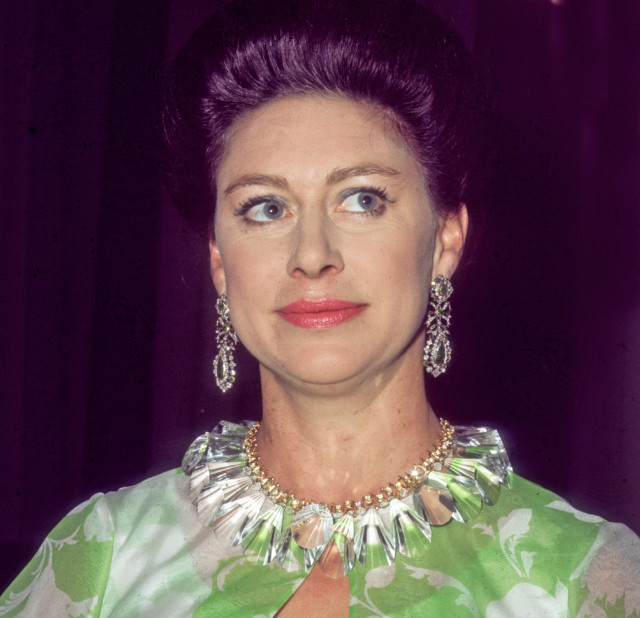
For Prince Charles, though, there was no such escape. He was a prisoner of his position and had to find a suitable wife.
Lady Diana Spencer was young, a potential beauty and, most importantly, was unsullied by any scandal or romantic past.
As speculation mounted over their relationship, Philip wrote his eldest son a carefully considered letter saying Charles must come to a decision: Either offer Diana his hand or break off the relationship to avoid compromising her reputation.
“Read it!” Charles would furiously exclaim to friends in later years, whipping the letter out of his breast pocket.
“It was his attempt to say that he was forced into the marriage,” recalled one who saw the note.
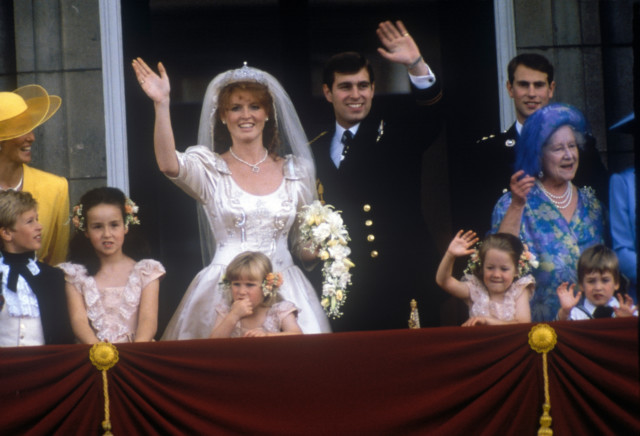
However, another who read it commented: “It was actually very constructive and trying to be helpful. It certainly did not read as an ultimatum.”
On 24 February, 1981, Prince Charles announced his engagement to the 20-year-old Diana. A lavish wedding followed and in June 1982 Diana gave birth to William.
Just two weeks later Michael Fagan overcame the supposedly foolproof security system at Buckingham Palace and broke into the Queen’s bedroom.
Although Her Majesty dealt with the intruder with remarkable coolness, Prince Philip, who had been sleeping in the adjoining bedroom, was furious when the story broke that the entire world should know their sleeping arrangements. He was, of course, incandescent with rage that such a thing should be allowed to happen and applauded the bravery of his wife.
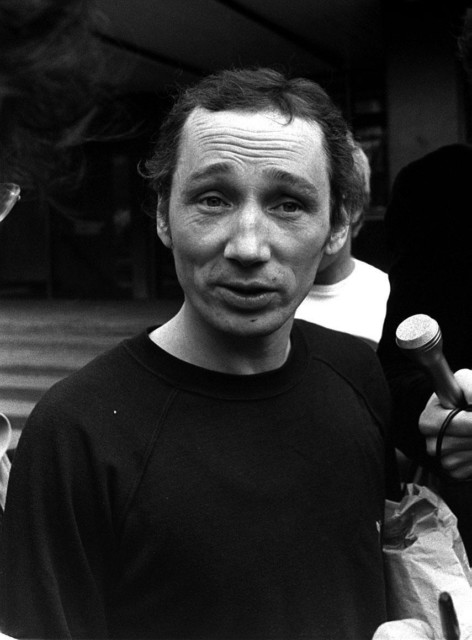
The birth of another grandson, Prince Harry, in 1984 and the joy generated by the Duke and Duchess of York’s wedding gradually diminished as the Eighties drew to end.
Then Prince Edward dropped out of the Royal Marines in January 1987 — much to the horror of his siblings. Despite the flak, Prince Philip was extremely understanding and it was he, not the Queen, who was more sympathetic to Edward’s decision.
Prince Philip and the Queen may not always agree — and clearly did not in this case — but as James Edwards, headmaster at Andrew and Edward’s prep school, said: “They are a tight unit. Cross one and you’ve crossed them both.”
For all their superficial differences, Philip had a better relationship with Prince Edward than with Charles or Andrew.
In private he affectionately put his arm around his son’s shoulder — he called him Ed — and gave him a kiss.
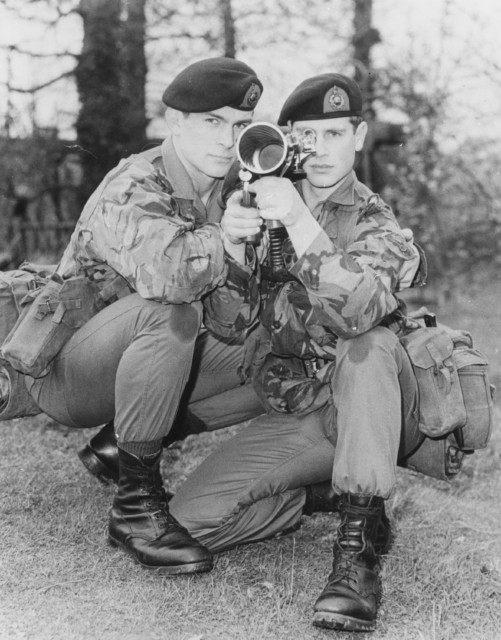
Before his marriage in 1999, Edward always kept one book on his bedside table: His journal of his Duke of Edinburgh’s Award, a symbolic reminder of the empathy between the Prince and his father.
Philip and Andrew were never close and Philip often couldn’t resist taking a verbal swipe at his middle son when the opportunity arose. Initially, he got on well with Sarah Ferguson but that changed when their marriage fell apart in 1992. Unsentimental and dispassion-ate, he only ever spoke badly about one of his children’s partners — and that was Sarah.
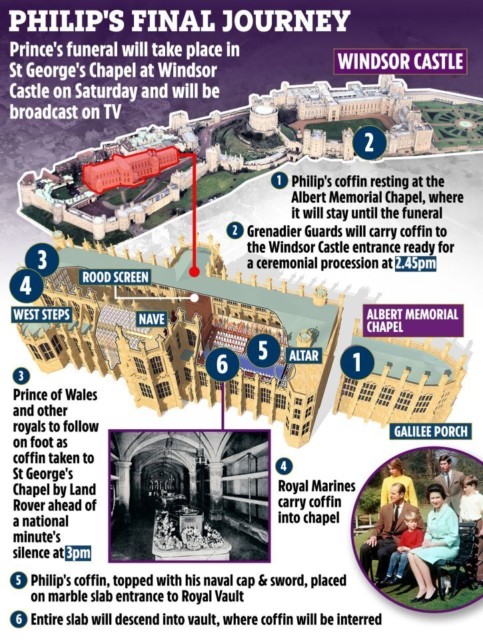
Worried for Anne
He couldn’t be in the same room as her and refused to allow her in any of the royal residences if he was there — which applied to the end — feeling she let down the Queen and the monarchy with her indulgent behaviour.
Andrew remained on close terms with his ex-wife, despite the disapproval of his parents.
Philip felt differently about Anne. She divorced captain Mark Phillips in 1992 and married Timothy Laurence, but when a cache of her love letters from him was offered for sale, Philip shrugged it off.
He was hopeful she would find happiness but for the rest of his life continued to worry about her.
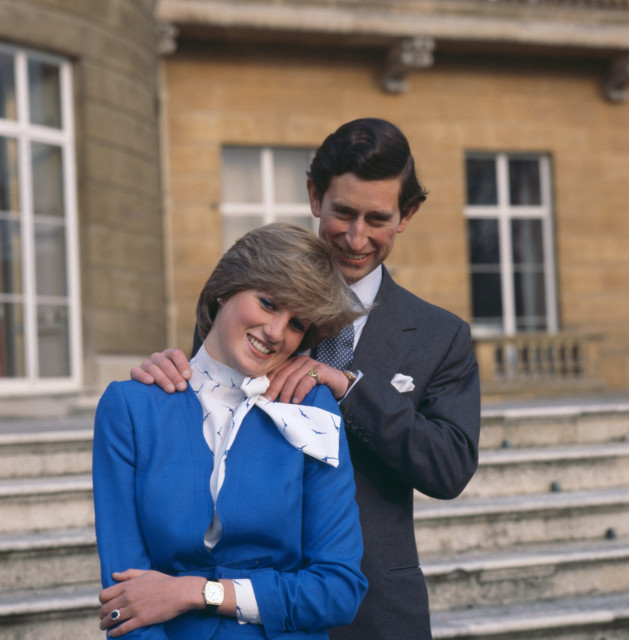
It was not in the Queen’s nature to become a participant in other people’s troubles, especially those of her own children.
She preferred to overlook a problem rather than confront it in the belief that if she ignored it long enough, it would go away.
But even more significant than Princess Anne and Prince Andrew’s troubles were the growing problems in the marriage of Prince Charles and Princess Diana, as this had a direct bearing on the future of the monarchy.
